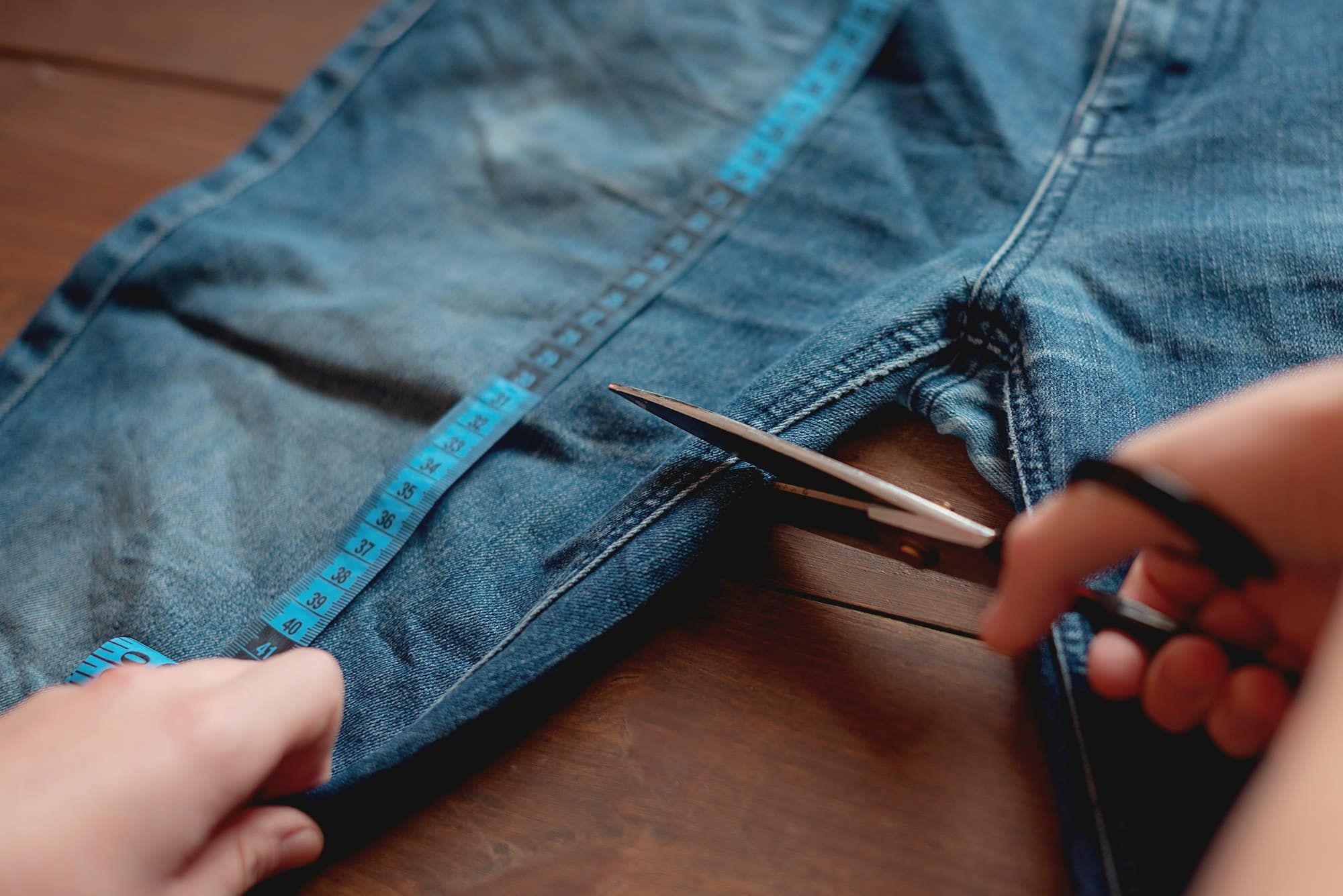As the world pivots towards sustainable measures, many businesses are turning to upcycling projects. It’s a trend that’s taking the UK by storm, especially in DIY craft businesses. Upcycling may seem like a novel concept, but it’s an age-old practice reinvented for the modern market. It entails giving a new life to items that were previously deemed unusable. This approach allows entrepreneurs to create unique products while conserving resources and saving money. In addition, it’s a fun way for businesses to show off their creative prowess. However, to make the most out of upcycling, it’s crucial to understand the most effective strategies.
Identifying Suitable Items for Upcycling
Before embarking on any upcycling venture, it’s crucial to select the right items for the project. Not all items are fit for upcycling. Some are too worn out or damaged to be repurposed. Other items, though still usable, may not be suitable for the desired end product. Therefore, a keen eye for detail and an understanding of the items’ potential is a prerequisite.
Cela peut vous intéresser : How Can UK Pet Grooming Services Increase Brand Loyalty Through Mobile Apps?
You could start by browsing through the items you have at your disposal. Look out for items that have become redundant or are nearing the end of their useful life. These could include old furniture, discarded fashion pieces, or even outdated technology. Once you’ve identified these items, assess their potential for transformation. In most cases, you will find that with a touch of creativity and a bit of elbow grease, these items can be repurposed into unique pieces that customers will love.
Upcycling Furniture
One of the most popular upcycling projects in the UK involves furniture. Old furniture pieces often have a charm that, when enhanced with a creative touch, results in unique, tailor-made items. Every piece of furniture, no matter how mundane, can be turned into a masterpiece with some DIY skills.
A lire aussi : How to Leverage Social Listening Tools for UK-Based Consumer Brands?
A common technique is to paint the furniture to give it a fresh, new look. You can also modify the furniture design to suit your customers’ tastes or to fit into modern interiors. For example, you could turn an old ladder into a chic bookshelf or a vintage suitcase into a quirky side table. The possibilities are endless, and with each project, you create a one-of-a-kind item that will appeal to your customers.
DIY Upcycling Projects
Apart from furniture, there are numerous other items that you can upcycle. With a little imagination and creativity, you can transform everyday items into stylish, functional pieces. This is especially great for small DIY craft businesses that may not have a lot of capital to invest in new materials.
For instance, you can upcycle old glass jars into beautiful candle holders or flower vases. Discarded wooden pallets can be transformed into rustic coffee tables or wall hangings. Even old clothing can be re-fashioned into trendy fashion pieces. Fashion upcycling is a burgeoning industry in the UK, with an increasing number of businesses turning to sustainable fashion practices.
Selling Upcycled Items Online
After creating your upcycled items, the next step is to sell them. In today’s digital age, the online platform offers a wealth of opportunities for businesses to reach a global customer base.
Start by taking clear, high-quality photos of your upcycled items. These will be your selling point, so it’s essential to capture the items in their best light. Next, write a compelling product description. Highlight the unique aspects of the item, as well as the upcycling process involved. This will give your customers an insight into the time, effort, and creativity that went into creating the item.
It’s also important to price your items correctly. Consider the time and money spent on the upcycling process, as well as the uniqueness of the item, when setting your prices. Remember, upcycled items are not cheap, mass-produced products. They are unique, handmade pieces that hold their own value.
Building a Sustainable Business through Upcycling
Ultimately, upcycling is not just about creating unique items from discarded materials. It’s also about building a sustainable business model that is profitable, environmentally friendly, and socially responsible.
By adopting upcycling practices, your business can significantly reduce its environmental footprint. It can also save money by repurposing materials that would otherwise have been discarded. Moreover, it can build a loyal customer base that values unique, handmade items and is willing to pay a premium for them.
In conclusion, upcycling is a great strategy that can help your UK DIY craft business stand out in a competitive market. It’s a trend that’s here to stay, and by leveraging its potential, your business can not only grow but also make a positive impact on the environment.
Effective Upcycling Techniques for Unique Creations
To succeed in upcycling projects, mastering the right techniques is key. The approach adopted will vary greatly depending on the item at hand and the desired end-product. DIY upcycling requires a good blend of technical skills, creativity, and innovation.
For instance, when dealing with furniture, techniques could involve sanding, painting, varnishing or even re-upholstering. Patience is crucial when dealing with second hand furniture as it may take more than one try to get the desired results. To get a refreshed look, try using bright paint colours or adding textures with fabric or stencil patterns.
On the other hand, fashion upcycling may involve embroidery, patchwork, or even combining fabric scraps to create unique designs. The sewing machine is your best friend here. Additionally, simple hand-sewing techniques can help you add a personal touch to your creations.
Likewise, creating wall art from discarded items, could necessitate the use of adhesives, wire binding or even soldering, depending on the material in question. Masking tape can be very handy in such projects, helping to create neat lines and protect areas you don’t want painted.
Promoting Upcycled Products Through Social Media
Once you’ve created your unique upcycled pieces, it’s time to market them. Social media platforms are a cost-effective and efficient way to showcase your products to a wide audience.
Platforms like Instagram, Pinterest, and Facebook are great for visual content and allow you to create a buzz around your brand. You can also start a blog about upcycling, sharing project ideas, techniques, and the process behind your creations. This will help establish your brand as a thought leader in the eco-friendly DIY craft sector.
Using high-quality photos and engaging captions, you can take your audience on a journey, showing them the before-and-after transformation of your items. You can also share customer testimonials and positive reviews to build trust.
Remember to use relevant hashtags in your posts to increase visibility. Keywords like #upcycling, #ecofriendly, #sustainablefashion, and #DIYprojects can help you reach people who are interested in upcycling and eco-friendly practices.
Conclusion: Embrace Upcycling for Sustainable Success
In essence, upcycling presents a golden opportunity for UK DIY craft businesses to excel in a world that is increasingly leaning towards sustainable practices. With the right items, effective upcycling techniques, and a strong social media presence, you can create a niche for your business in the booming upcycling industry.
Share the journey with your customers, from sourcing second hand items to the transformation process and the final masterpiece. In doing so, you will not only save money but also contribute towards a greener earth by reducing waste.
In the world of upcycling, the old adage "One man’s trash is another man’s treasure" truly comes to life. It’s time to grab that paintbrush, dust off the sewing machine and get creative with upcycling! Remember, the potential and success of upcycling ventures lie in your hands.
















